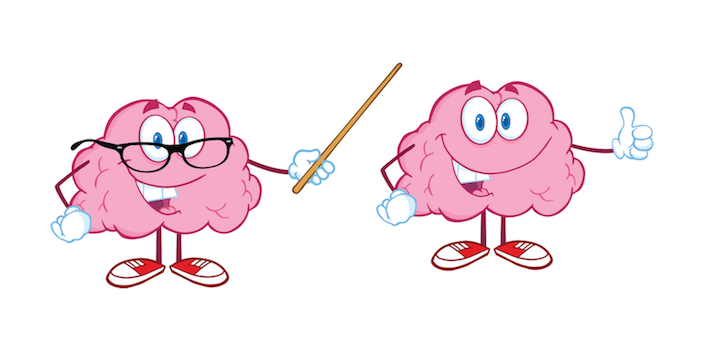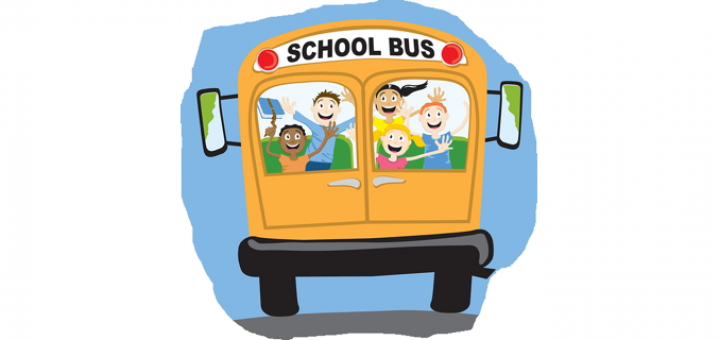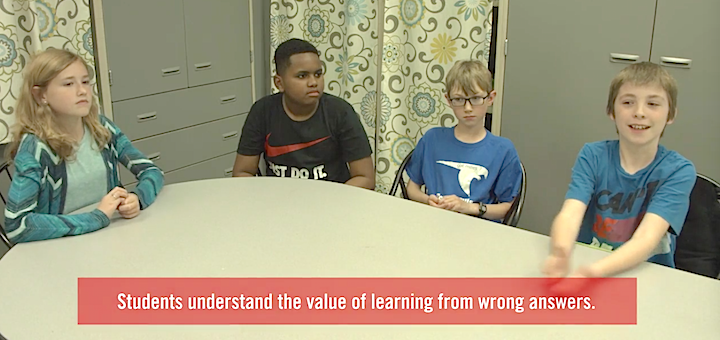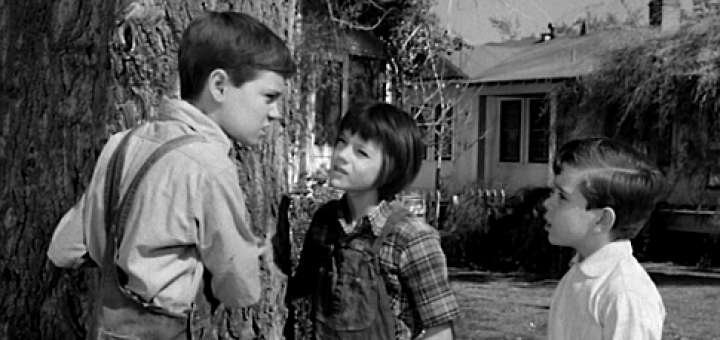Use Brain Strategies to Keep All Kids Engaged
Spring is in the air and kids’ attention is fluttering around and beyond the room. Elizabeth Stein shares a bit of timely brain science and offers strategies to help co-teachers bring their students’ attention back to class as the end of school approaches.




















